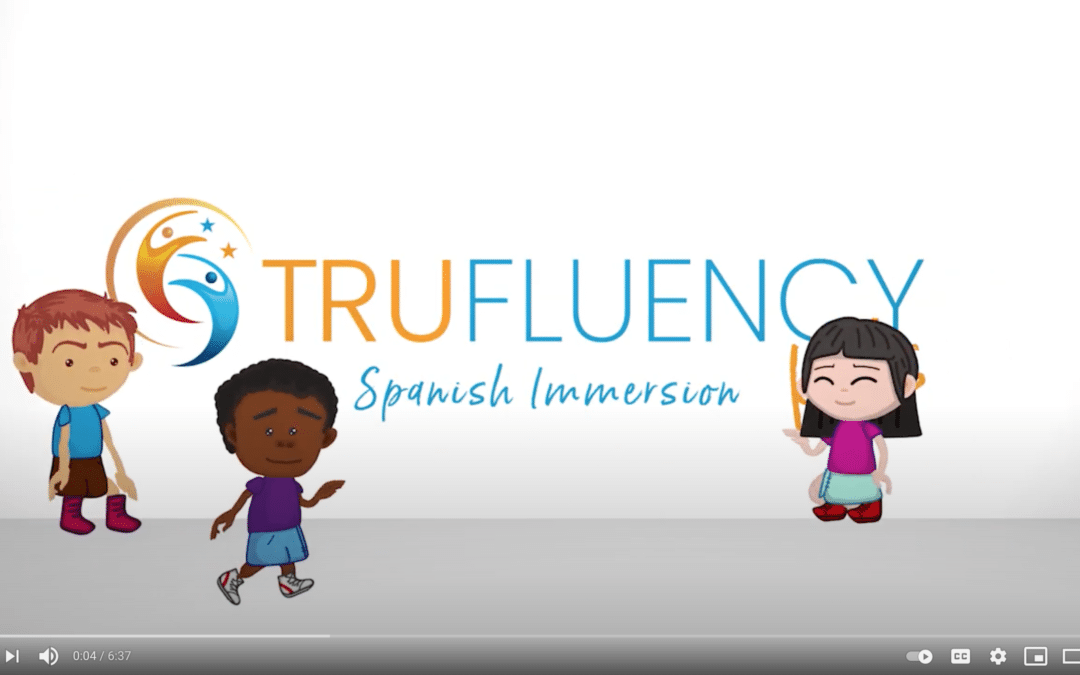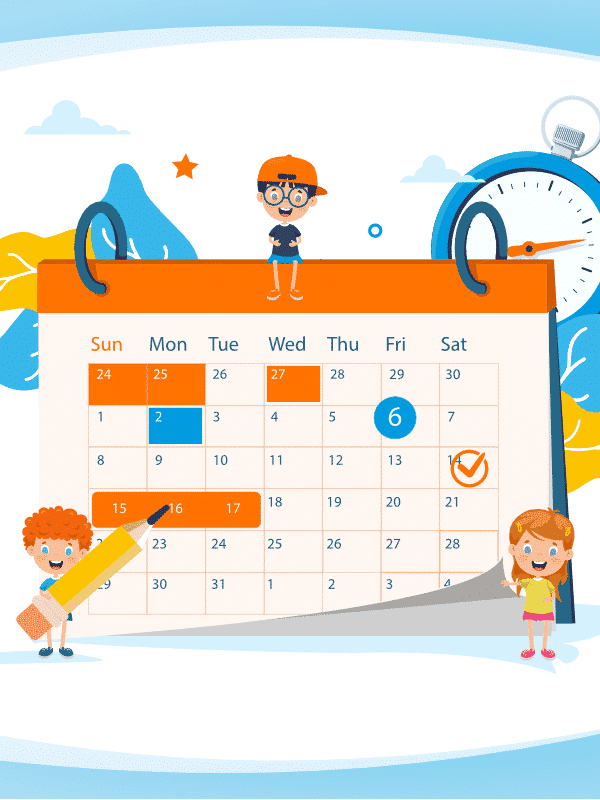Language is an important aspect of cultural identity. The easiest way culture can be shared from one generation to the next is through language. Do you speak more than one language? If not, the One Parent One Language (OPOL) Bilingual Method may be a new term for you. In most families that use OPOL, at least one parent is not in their home (native) country. The main language/majority-language being spoken in the general community is not their native tongue.
So many second and third-generation immigrants do not speak the language of their parents or grandparents. Fewer stories and cultural norms are shared and the connection to their history disappears. The connection gets weaker with each new generation.
So, are you fighting to pass on the language of your childhood to your own young ones? Do you find the idea of having a bilingual child/ren super cool?! Whatever your reason may be, let’s talk some more about OPOL and its bilingual method—how it works and why it works.
What is the One Parent One Language (OPOL) Bilingual Method?
The OPOL method is a thoughtful strategy that allows the child to become fluent in both languages. OPOL is a good framework, however, parents can personalize it to meet the needs of their households. If both parents are bilingual, they may choose to speak the minority language in the home and the majority-language outside the home.
Bottom-line is, OPOL is about making a plan and sticking to it, whatever it is. Consistency allows the child to be better able to adapt to OPOL. All the habits we have as adults were formed after years of doing it repeatedly until it became second nature.
It’s all in the details. Any language other than the majority-language would be considered the minority language. Each parent uses one specific language in all their interactions with their child/ren. In the state of Hawaii, for instance, both Hawaiian and English are spoken. However, there may be communities where the population speaks more Hawaiian. In this instance, it would be considered the majority language. So, one parent will speak only Hawaiian to their child/ren and the other will speak only English. #DIVIDEANDCONQUER! Parents and children learn over time to have all their conversations in their “language”.
Is OPOL the right fit for you?
Parents have used several techniques to encourage their children to be fluent in multiple languages. Let us look at a few benefits of the OPOL method.
-
The parents teach the child/ren via natural interaction.
-
No curriculum? No problem! No formal lesson plan is required.
-
The “process” of teaching and learning is not structured and develops in a very organic way over time. The child/ren set/s their own pace.
-
Child/ren are able to learn and practice both languages in the comfort of their homes with their families.
-
Each parent is able to bond with their child/ren through the interaction in their respective language.
Let’s flip the coin and look at possible disadvantages of the OPOL method.
-
One language is spoken more than the other.
-
During the initial stages, the child may become frustrated.
-
Parents who speak both languages may struggle to stick to just one language.
Are Two Languages Too Much for Kids?
Code-switching happens when someone switches between two languages. Bilingual persons move between languages based on their environment or social setting. So, if your family is from Spain; living in the USA, you may speak Spanish at home, and English with your friends.
In most countries, you will find at least one immigrant community. It’s quite likely your child/ren will be exposed to at least one other language. The roots of bilingualism typically lie in the language(s) spoken at home during childhood. Few people fluently speak a language learned only in school or during adulthood. So it’s best to learn a new language when you’re a child.
In the early stages of development, a child’s mind is very flexible, and they are able to learn many things. So, it is absolutely NOT too much work for your child/ren to be learning two languages.
Do you want your child/ren to be bilingual to ensure that your family’s rich heritage is passed on? Do you think it will be an impressive detail on a scholarship application or on a resume? Do you believe bilingualism will open doors to new opportunities for your child? Take it from us here at TruFluency Kids, all of these are very good reasons to consider raising a bilingual child/ren using the OPOL bilingual method.


